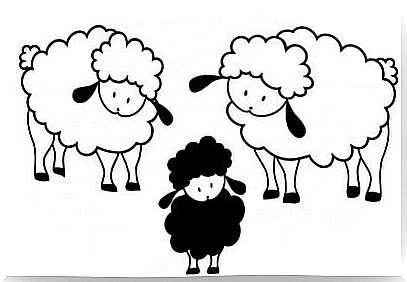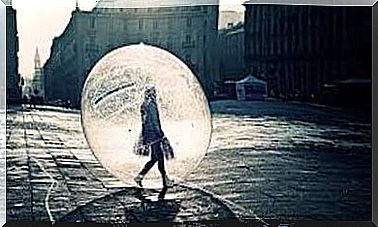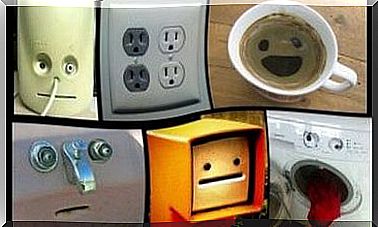The Black Sheep
“ I am the black sheep of my family ”. It is likely that some of you have said this phrase a few times. And surely you have thought of it with respect to another person, whether it is your family member or an external person.
When a person is defined as the black sheep of the family, they are usually considered marginalized from the family, a different element within a more homogeneous environment. On the other hand, the rest of the family believes that the black sheep takes on this character by itself or by the influence of its friends, never because of the family.
It is certainly true that, at times, the black sheep is actually “weird” by “common” standards, and this could be the result of an undiagnosed mental illness or it could be a sociopath who violates boundaries and compliance. of the family to the point of having to be excluded to preserve the family unit.
Surprisingly though, many black sheep are amazing people with a lot to offer their families and the world. In fact, they are often the best and the brightest elements; the most creative people, the most intelligent, the most sensitive …
If we stop and think for a second, we will realize that the world is actually full of black sheep. Try to think: is there one in your family? This question is not that easy to answer. In the opinion of many, black sheep are not physically excluded from the family, but what happens is much more subtle: the exclusion is emotional.
Here are three signs that there is a black sheep in your family:
- One member appears hurt or angry for no apparent reason, often and over a long period of time.
- Family debates always center on the same person when they are not present.
- One of the members is silently excluded from some family event or is kept on the sidelines of the family news.
So if most black sheep are not really weird, but have been excluded all the same, what could be the cause that prompts a family to treat one of its members in this way? The most likely thing is that the black sheep was not reported as such by a single person, but that it is the product of a more complex family dynamic.

Black sheep in childhood
Points of the family dynamic that turn a child into the black sheep:
- The child who has less in common with his parents. This child stands out for his personality, temperament or interests. Parents are bewildered by him and unwittingly treat him differently, and consequently the siblings too.
- The best and the brightest. This child threatens to outdo or outshine one or both parents. Unconsciously or not, the parents sabotage him. That way they won’t be outdone and won’t feel bad about themselves when confronted with the baby.
- The child most prone to depression or anxiety. Child with intense and dark feelings or thoughts that parents cannot understand, and that they may be afraid of. This prompts them to keep him at a distance, not knowing how else to help him.
- The rivalry between brothers. There is not enough attention or love for everyone in this family. One or both parents are limited in some way: by a mental illness, a personality disorder or substance abuse.
- A parent who deeply despises himself. This parent may appear to be full of love for their children, so it won’t be easy to spot the problem. Yet he is unable to tolerate some aspects of himself, so he projects these characteristics onto his chosen child and despises him in his place. It is an unconscious defense mechanism put in place by the parents in a completely intentional way.
- Neglecting emotional childhood: the most invisible. In this family, all children receive the subtle (sometimes not so subtle) message that the feelings of one of them are not important. The child in question literally disappears from the familiar radar, is ignored. He thus becomes an “unwelcome” person, the least important element of all.
Whatever the cause of those just described, the excluded child perceives from the beginning that he is different, wrong or inferior. In terms of self-fulfilling prophecy, he ends up behaving as he is expected to do.
What to do if you recognize your family among those listed here? It is difficult to deal with such an entrenched family dynamic, but all is not lost:
– Make a commitment to look at your family through a complex lens. Ask yourself: is this really the situation? Is this the person I want to be? Is this how I want to treat my brother or my son?
– Share this article with your chosen family members.
– Look at your black sheep with different eyes to see what you have never noticed before.
– Open your heart to your family.
– Let the black sheep know that you claim it.
If you are the black sheep:
It is normal for you to feel disoriented and confused, but reality may seem easy even when it isn’t. Free your mind, the value is within you.









